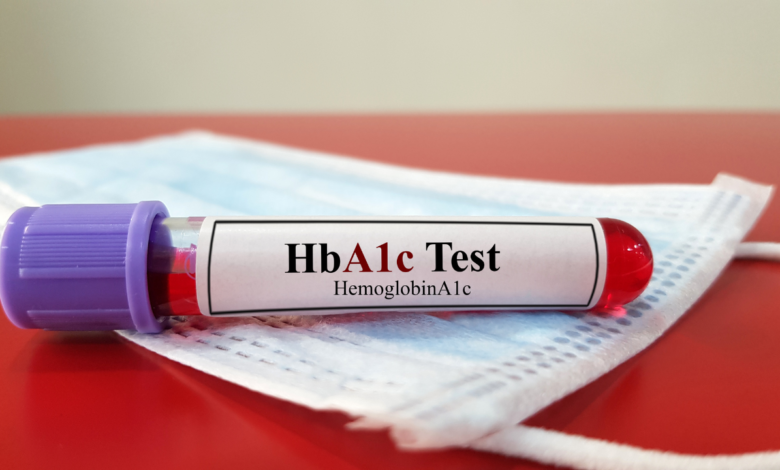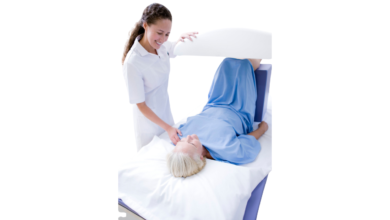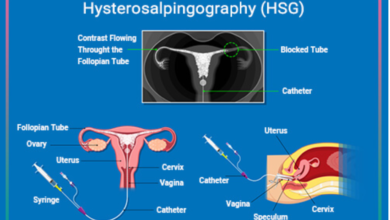PCOD Tests
HbA1c

What is HbA1c test?
HbA1c (glycated hemoglobin) is a protein in red blood cells that forms when glucose binds to hemoglobin. It provides an average picture of your blood sugar levels over the past two to three months.
Why HbA1c test is required?
An HbA1c test is often used to:
- Diagnose diabetes mellitus.
- Monitor the effectiveness of diabetes treatment.
- Assess the risk of developing diabetes complications.
- Evaluate the average blood sugar control over time.
Which are the method of HbA1c test ?
The most common method for measuring HbA1c is a blood test. A blood sample is drawn and analyzed in a laboratory.
Who should go for HbA1c test ?
Individuals who may benefit from an HbA1c test include:
- People with diabetes.
- Individuals at risk for developing diabetes, such as those with a family history of diabetes or obesity.
- Pregnant women.
- People taking medications that can affect blood sugar levels.
What are the results ofHbA1c test ?
The results of an HbA1c test are typically expressed as a percentage. A normal HbA1c level is generally considered to be below 5.7%. Higher levels may indicate diabetes or prediabetes.
What are the components of HbA1c test ?
An HbA1c test typically involves the following:
- Blood draw
- Laboratory analysis of the blood sample





